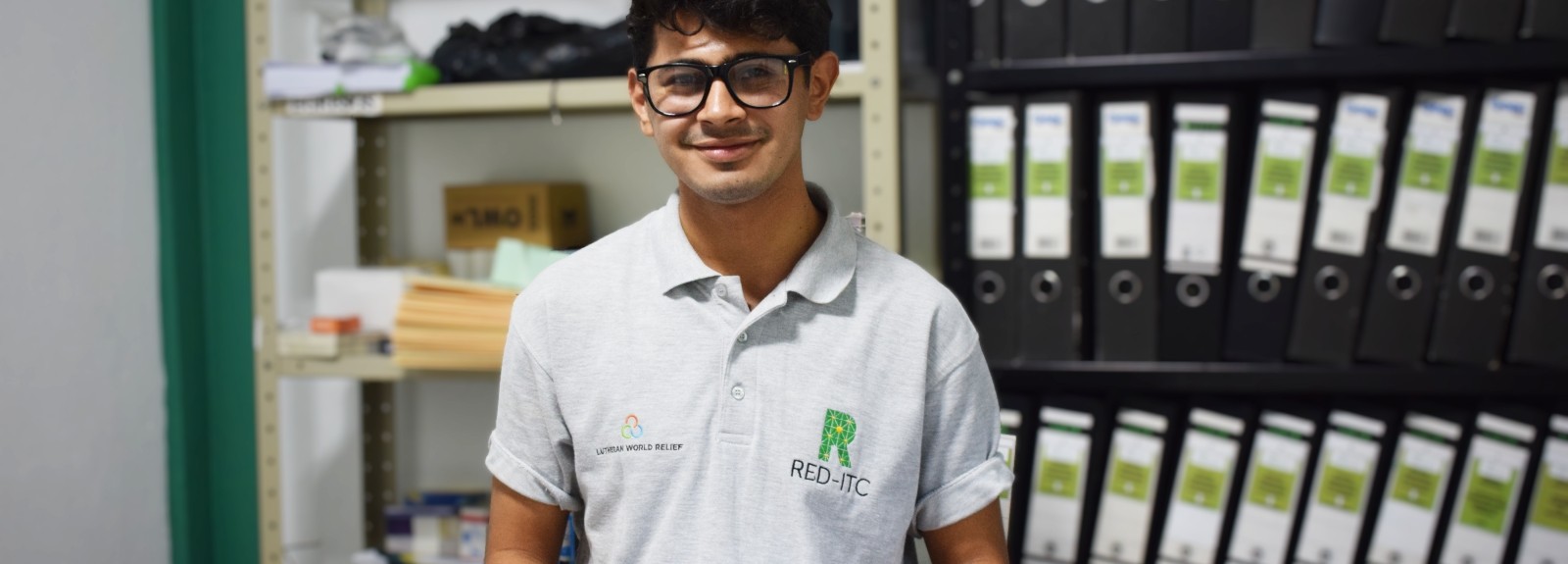La versión en español de este blog está disponible aquí.
This blog was written by Ana Lucía López Flores, Communications Consultant for Central America, with support from Yesibeth Centeno, Project Manager.
- - -
Mental health is a fundamental human right. Every individual should be able to live a life with dignity, fairness, equality and respect, and this includes individuals grappling with mental health issues. However, in the Central American region, stigma and discrimination surrounding mental health persist.
In Honduras, mental health takes a prominent role in the lives of young people who often encounter stark daily challenges. Violence and crime remain pervasive issues in Honduran society, with youth particularly at risk. Moreover, social factors such as gang affiliations and involvement in drug trafficking have fostered an environment of insecurity and fear, leading to heightened levels of stress, anxiety and depression.
Poverty and a lack of economic opportunities further impact the mental health of young people. Many struggle to access quality education, secure meaningful employment, or even meet their basic needs. This predicament can exacerbate feelings of despair, diminished self-esteem and frustration. The absence of suitable networks for psychosocial support compounds these mental health challenges.
It is crucial to underscore the significance of mental health in the overall well-being of young people. Mental health exerts its influence on all facets of an individual's life. Failure to provide young people with the requisite attention and support for their mental health is likely to result in difficulties throughout their lives.
In Honduras, as well as the broader Northern Triangle region, there is a mismatch between labor supply and demand, making it challenging for young people to find employment and self-employment opportunities. Recognizing this pressing need, Corus organization Lutheran World Relief launched the Creating Spaces for Youth Employability (CREE) project in western Honduras alongside our local partner Red Institutos Comunitarios (Red-ITC).
The project incorporates productive economic capital into its framework, along with cross-cutting themes that emphasize youth, gender, mental health, inclusion, and diversity. In addition to practical training and employability initiatives, a virtual platform called EmpleandoMentes was established. The platform's objective is to provide young people with information and guidance on mental and emotional health, as well as employability, as they navigate the process of exploring or defining their livelihoods, whether through employment or entrepreneurship.
The digital communication platform, which includes social media and a website, offers practical, easily digestible information on soft skills, self image, resilience, leadership, inclusion and other essential topics for holistic human development. It employs engaging audiovisual formats to capture the attention of young people in the region, and it will also serve as a platform for free professional guidance on mental and emotional health topics.
In educational processes tailored to young people, we must foster spaces that promote mental health, which is especially crucial for young people and adolescents, as it contributes to personal development.
The challenges faced by young people evolve as society and technology progress. We must continue to learn together and create spaces that encourage dialogue and reduce barriers. Lutheran World Relief, alongside the Corus International family of organizations, is committed to providing mental health and psychosocial support for youth in Central America, amplifying these young changemakers' impact on their communities.

